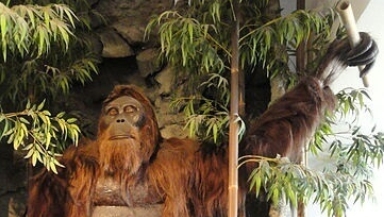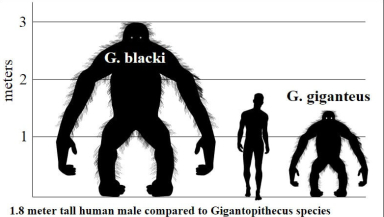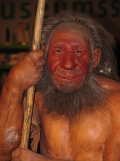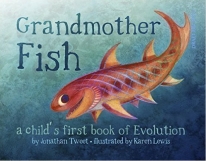
In the animal kingdom, the bigger is not always the better.
The largest ape to have ever existed on Earth, the Gigantopithecus, was a commanding figure when it lived in the tropical forests of what is now southern China about six to nine million years ago.
According to an article published in The National Geographic, the gigantic ape stood as high as 10 feet (3 metres) and weighed up to 1,100 pounds (500 kilos).
The animal's sheer enormity helped it gather fruits to eat easily, and made it less vulnerable to predators.
The size of Gigantopithecus, however, also proved to have been the key to its extinction, a recent study revealed.
Herve Bocherens, a researcher at Tübingen University in Germany, explained at a press conference that Gigantopithecus was just too big and required too much food to survive at the beginning of the last of the Pleistocene ice ages, or some 100,000 years ago.

"Due to its size, Gigantopithecus presumably depended on a large amount of food. When, during the Pleistocene, more and more forested areas turned into savanna landscapes, there was simply an insufficient food supply for the giant ape," Bocherens explained, as quoted by The National Geographic.
He added that the large ape failed to adapt when there was a shortage of fruits it ate, while other animals changed their diets to grass, roots, and leaves.
Bocherens further posited that the animal would have survived had it been smaller, since it could eat a smaller amount of food.
"Relatives of the giant ape, such as the orangutan, have been able to survive despite their specialisation on a certain habitat," he said.
Aaron Clauset, a computer scientist at the University of Boulder, meanwhile said the study highlighted how size can also have diminishing returns.
"There are short-term advantages that come with being bigger, but it also brings long-term risk," Clauset told The National Geographic.
He added that size can also have an effect on the ability to have offspring.
"As you get bigger, you tend to have fewer children. That means your population tends to be smaller and more sensitive to fluctuations," he explained.















